Alpha Protocol is a third-person espionage role-playing video game, developed by Obsidian Entertainment and published by Sega. The game revolves around the adventures of field agent Michael Thorton who is the newest member of “Alpha Protocol” a clandestine service designed for use on covert operations that can have no links to the US government.
Playing Alpha Protocol is like putting together a 5,000-piece jigsaw puzzle with 500 pieces missing: You get a sense of what the big picture should have been, but the final product is still maddeningly incomplete. This intriguing role-playing game boasts an extraordinarily flexible plot, in which your choices have real consequences both on the story and on the gameplay. Sadly, almost every other element has been skimped upon, resulting in an awkward amalgam of half-baked gameplay elements that never come together. On paper, Alpha Protocol sounds thrilling: You can go into each mission guns blazing, sneak up on your enemies to take them down before they see you coming, or mix and match methods as you see fit all while hacking computers and picking locks to uncover the enemies’ deepest secrets. In practice, none of these mechanics work out very well. Terrible AI, a too-close camera angle, and other annoying inconsistencies make the stealth route feel random and unsatisfying. These issues, along with the unreliable cover system and a number of bugs and weapon imbalances, make shooting feel equally clumsy. It’s easy to appreciate Alpha Protocol for its high ambitions; it’s just not that much fun to play it.
The game begins with a bang–or more specifically, a horrific explosion. Taking a cue from our modern political climate, the opening scenes depict a missile colliding with a commercial airliner. Shortly thereafter, you meet the game’s protagonist, Michael Thorton, who is being inducted into a top-secret United States government agency known as Alpha Protocol. Your first mission: travel to Saudi Arabia and investigate the terrorist group responsible for the bombing. Of course, nothing is ever as it seems, and Mike’s first mission ends like it began–with the explosion of a well-aimed missile. Thus, a globe-hopping journey through Russia, Italy, and Taiwan ensues as Mike sifts through the information he gathers and follows the necessary leads. The story plays out more or less like a season of 24, though in this case, you get to decide how you to proceed toward the final hour.
Alpha Protocol’s greatest asset is, by far, the complex workings behind its plot progression. Conversations with other characters bring with them broad dialogue choices. Most of them boil down to one of three attitudes: aggressive, professional, or suave. Different characters react to you in different ways depending on what approach they most appreciate. A sweet-natured fellow agent may enjoy your flirtations, for example, while a tough-talking Russian vixen may not be so enamored. These characters may stay neutral toward you or they may take a liking (or disliking) to you. If the individual is your handler–that is, your mission guide–you may receive a bonus perk, such as a boost to your endurance levels. In other cases, an allied faction may fight alongside you in battle or provide access to weapons you wouldn’t otherwise encounter. In extreme cases, there are life-or-death consequences in which you must weigh the risks of allowing a nemesis to live against the potential benefit he or she might offer: guns, information, and so forth. Many of the plot essentials are more or less static, but how you discover them and the people that join you on the journey can differ from one play-through to the next. Few games can truly make you feel as if you are having an impact on the story, but this is the one area in which Alpha Protocol delivers–and extraordinarily so.
Unfortunately, the storytelling gets bogged down by its own ambitions. What with all its complicated machinations, the game doesn’t have much heart, which in turn makes it difficult to feel invested in its branching plot developments. At one point, you may receive an in-game e-mail from a female character that references the sexual tension you’ve apparently developed, but the story never adequately demonstrates that tension; the e-mail comes as a complete surprise. You may even get the opportunity for a few sexual dalliances toward the end of the game, but because the story never builds on these relationships, these scenes seem forced and mechanical. By the time you reach the final mission, you get the sense that developer Obsidian Entertainment had no idea how to wrap the story up. One potentially emotional moment is treated so flippantly that it’s almost insulting; another major revelation foreshadows a confrontation that never comes, making the development feel more cheap than shocking. You sense that the voice actors have done their best to lend some humanity to the story, but Alpha Protocol is all business and no fun; all plot and no character. There are light moments, such as some hysterical news reports on the television (a story about children and sugar is a fun highlight), and Mike’s cocky half-grin is occasionally disarming. But these are small delights in a robotic narrative that may stimulate your intellect but not your emotions.
Like the story, the character progression offers a good number of options for letting you advance as you see fit. You decide what abilities to focus on, what weapons to take into battle, and what gadgets to equip. You choose a specialization for Mike early on, which is tantamount to choosing a class or profession in other RPGs. This discipline then determines the depth of your skill trees, from pistols and submachine guns to stealth and endurance. As you’d expect, each time you level up, you then spend points in these various disciplines, which in turn makes the associated actions more effective and unlocks new abilities. For example, leveling up your shotgun tree opens up the room sweep ability, which adds a critical knockdown to every shot; upgrading the martial arts tree adds the fury skill that enhances your hand-to-hand effectiveness. Armor and weapon modifications, as well as a healthy array of different weapons, ammo types, and gadgets, allow for further customization. The resulting flexibility is incredibly impressive.
Unfortunately, the basic gameplay mechanics prevent the wealth of options from getting the justice they deserve. It’s clear from the moment that you move around in Alpha Protocol that something isn’t quite right. You control Mike from a third-person perspective, but the camera is often zoomed rather close to him, which is a hindrance to taking in your surroundings or navigating close spaces. If you stoop, the camera pulls away somewhat and you get a better view, though the way Mike scuttles about while crouching is laughably awkward. As you progress, you find the camera can cause mild headaches in other ways as well. For some unknown reason, descending a ladder or jumping from a ledge (always a contextual action, never a freely controllable one) causes the camera to swoop to an overhead view and remain there, which is unhelpful and disorienting. At other times, you might pop up from behind cover to take a shot, only to have the camera shift into a useless position or even have your own body get in the way. These gaffes seem odd, considering most game developers seem to have worked through such basic obstacles years ago. You get accustomed to them, but these problems make the simple act of moving from place to place feel uncomfortable.
The camera isn’t the only issue with the cover system, which is generally workable but also inconsistent and occasionally buggy. At a basic level, cover works as it does in a third-person shooter like Gears of War: You press a button to take cover behind a barricade or wall and peek over or around to shoot at enemies. But like much of Alpha Protocol, cover isn’t implemented well. Sometimes you encounter walls that you can’t take cover behind for no discernible reason; at other times, the stickiness of the cover mechanic combined with the close camera can make it awkward to get out of the way of an incoming grenade. You might also run into glitches and bugs where cover is concerned. Some of these are bizarre but not likely to bother you too much, such as weird animation glitches or moments when you might slide a few feet to the side like the ground is coated with ice. Other bugs are more annoying. You might pop up from behind cover only to discover that your targeting reticle is missing and you can’t shoot your weapon–a problem that can only be fixed by extricating yourself from cover. Or for some reason you won’t be able to toss a grenade from behind a barricade. Again, basic mechanics gone bitter distract from the complexities that make Alpha Protocol special.

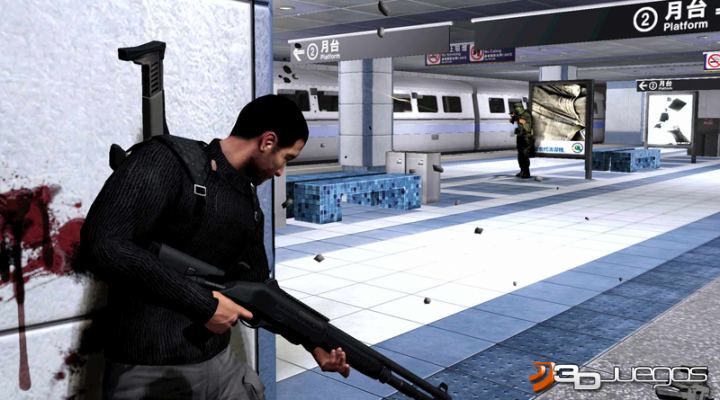
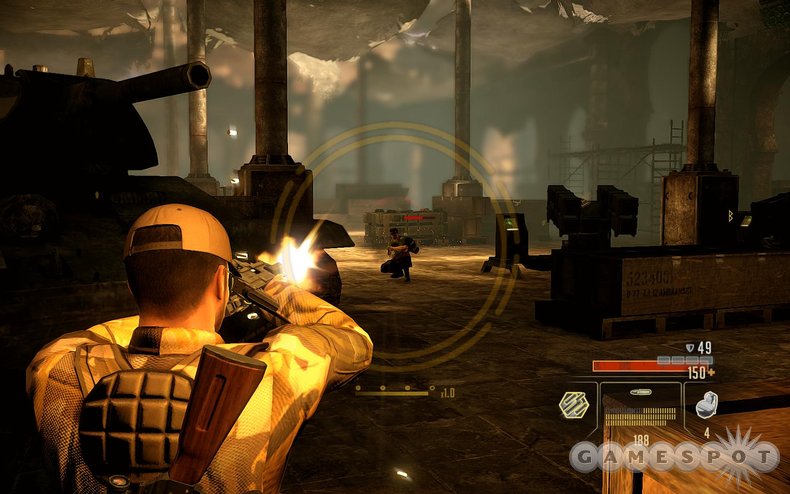
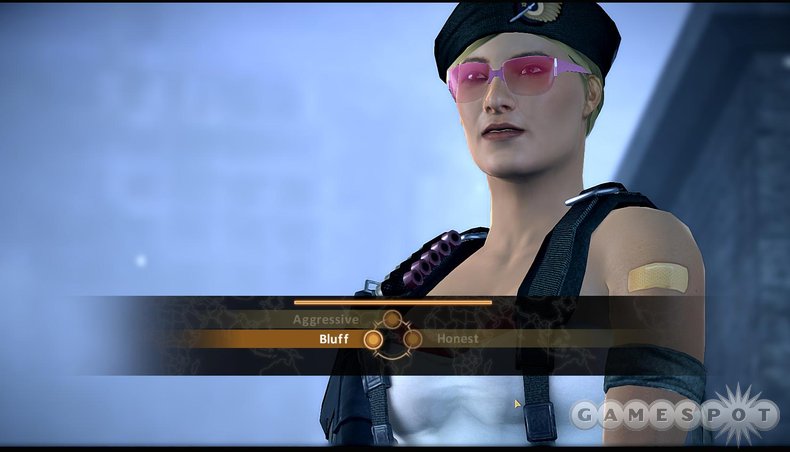
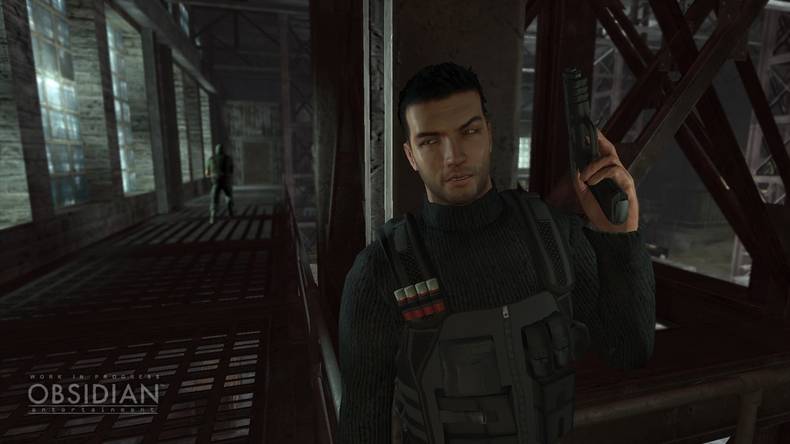
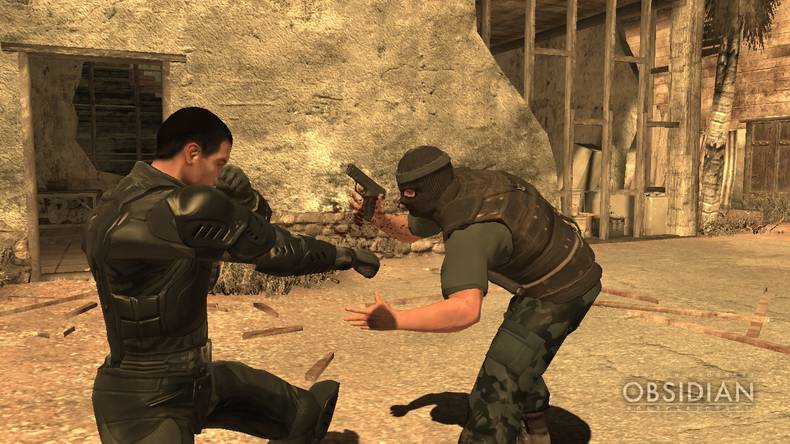
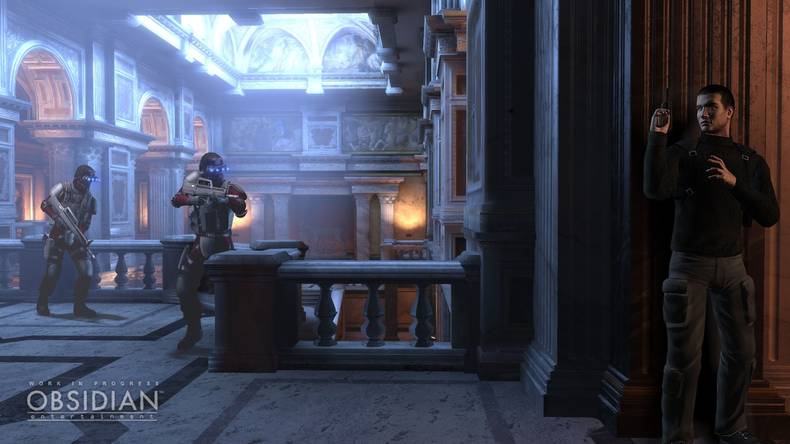
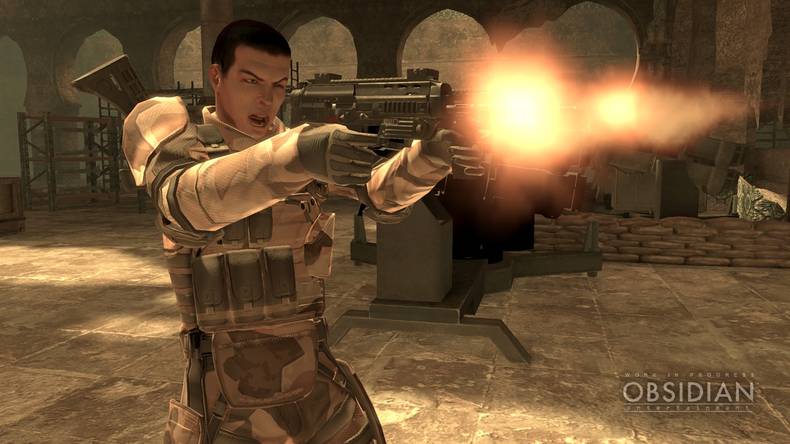
![Read more about the article Access PlayStation Network (PSN) on Jailbreak Firmware 3.55[How To]](https://thetechjournal.com/wp-content/uploads/2011/01/PSN-3.56-Access-3.55-300x212.jpg)
Pingback: Tweets that mention Alpha Protocol Review | TheTechJournal.com -- Topsy.com
u forgot 1 thing there is only 1 faction G22 albatros but there sold be more then 1 faction what u can join in awry sity like if u go rome first u can join some local faction & Moscow shold have 1 local faction to & awry faction boss has side quests for u, some quests what help u train but u mith find info for ur mission to cos some are info selling maffia & u can find that info if u hack there PC, & u can change the story like that woman in rome ho helps mike u can save her if u have help or if u have some skill at high lvl so u can suprise enemy when u disarm bombs & they talk to u, & if u have help like if u joined G22 then SIS & G22 will save that woman when u disarm bombs, to save her shold be possible but not easy, & awter tapai assainasion after u talk to Omen Dang u get home & travel to rome or russia then u get message from Omen Dang ho ses ho is the assasin & u get quest to get her & u deside u get her dead or a live but this happens if u travel tapai first, if tapai is ur first sity,& Omen Dang is like G22 u can join him to after assasinasion,ewry sity has 1 local faction but like russia u can also join G22 or local nation ur choice, & like a say'd faction boss gives side quests,also side quests unlock new gare faster & some effect prices, like lowers prises a bit, it is my ID for uptade, my eng spelling is not 100% 🙂